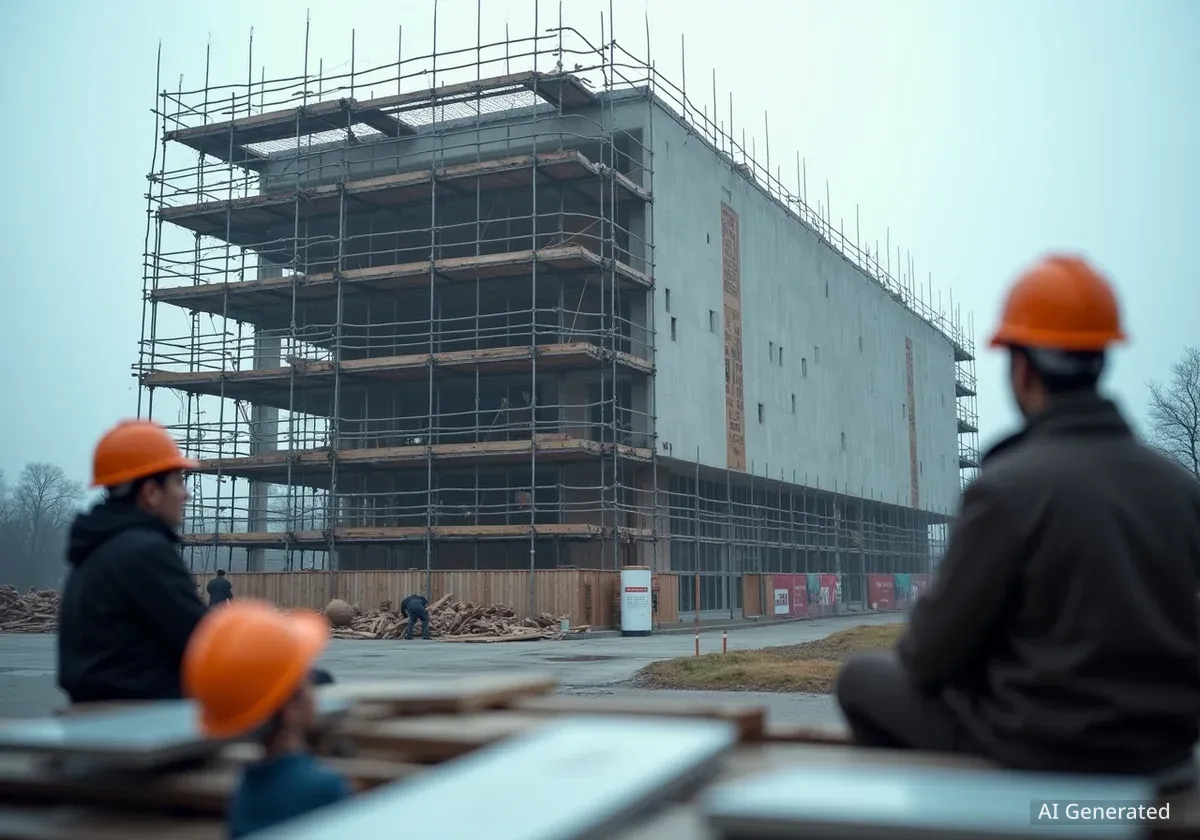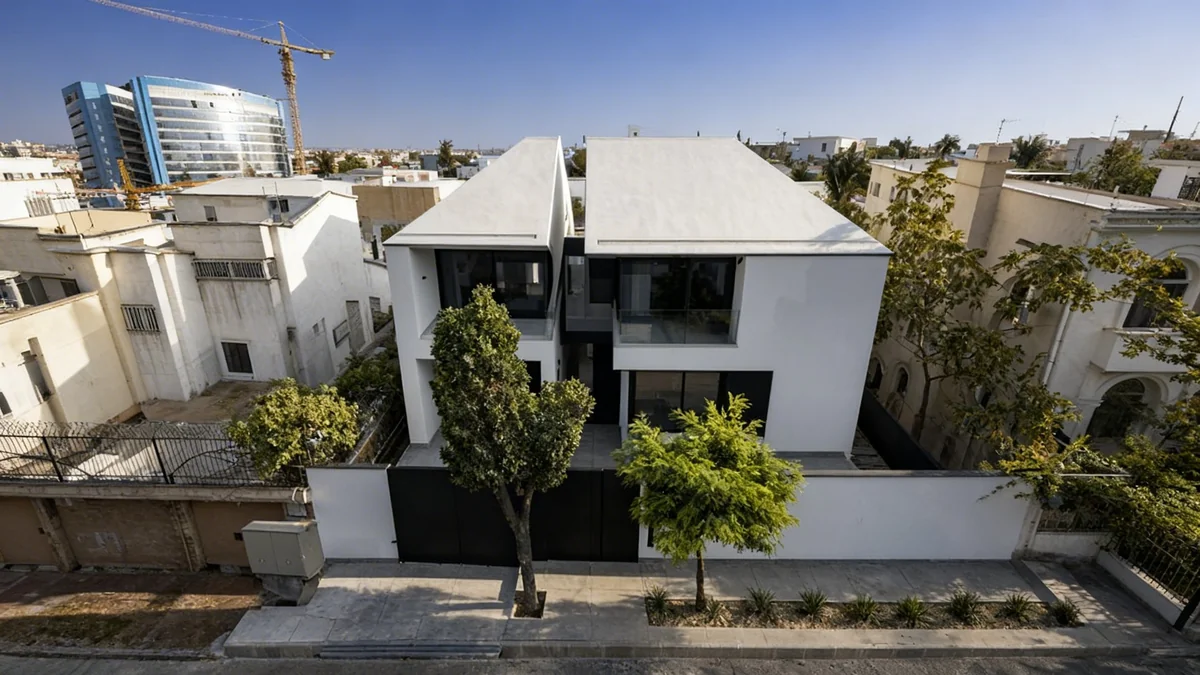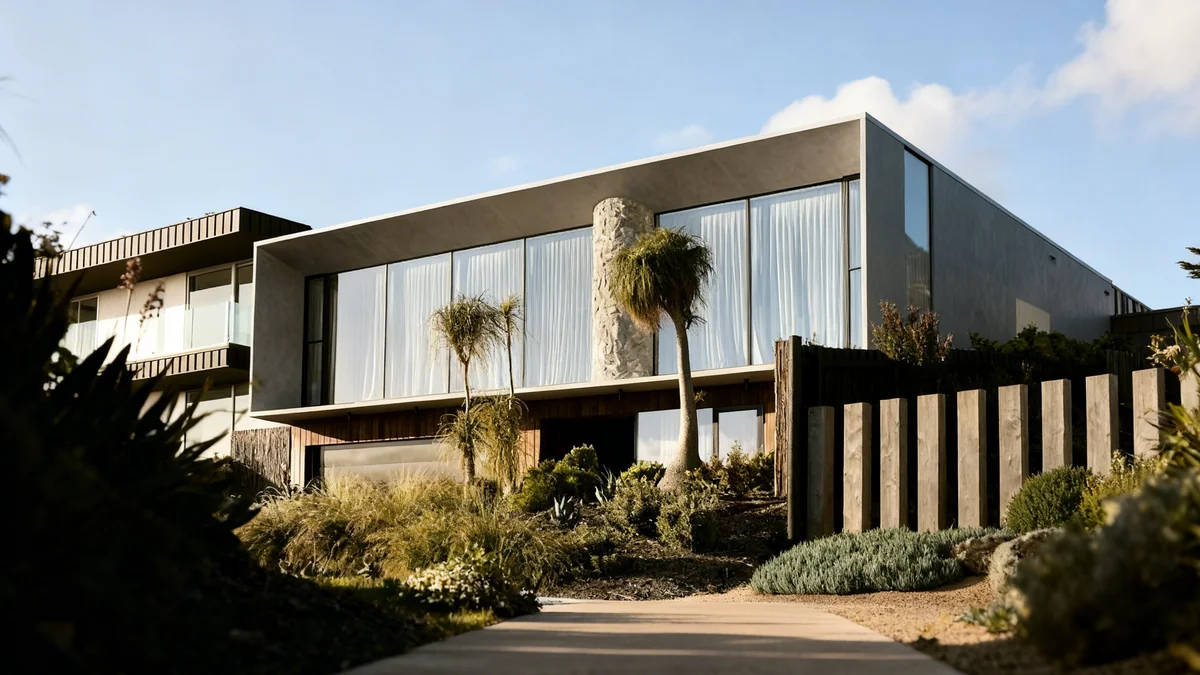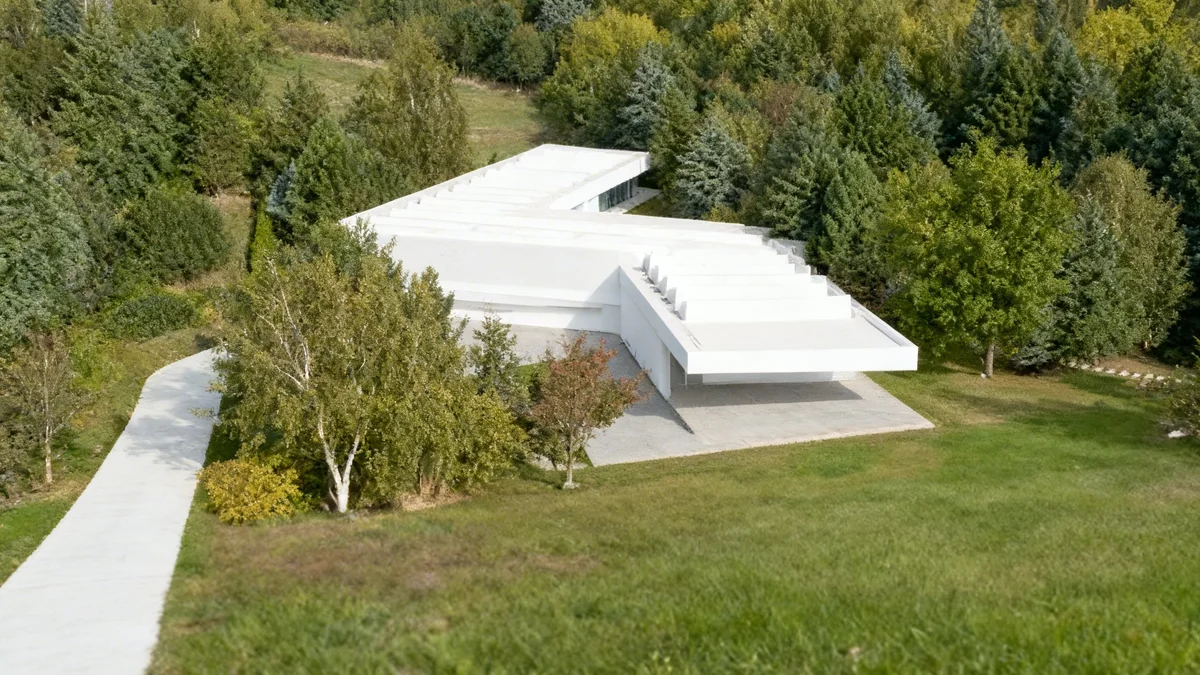The Centre Pompidou in Paris, a landmark cultural institution known for its distinctive architecture, will close entirely for a five-year renovation project. The extensive works are set to begin, with the museum planning to reopen its doors to the public in 2030. This major transformation aims to address critical structural needs, enhance visitor experience, and improve the building's environmental performance.
Key Takeaways
- Centre Pompidou will close for five years starting in 2025.
- Reopening is planned for 2030 after extensive renovations.
- Project addresses asbestos removal, fire safety, and accessibility.
- Energy efficiency and visitor flow are key improvement areas.
- Moreau Kusunoki and Frida Escobedo Studio lead the design.
Major Overhaul for Iconic Paris Museum
The Centre Pompidou, designed by architects Renzo Piano and Richard Rogers, first opened in 1977. Its radical design, with exposed mechanical systems and structural elements on the exterior, made it a subject of both praise and debate. After nearly five decades, the building requires significant upgrades to ensure its long-term viability and to meet modern standards.
The renovation project was initiated in 2020 with support from France's Ministry of Culture. An international competition selected Moreau Kusunoki in collaboration with Frida Escobedo Studio to lead the architectural design. AIA Life Designers will handle the technical aspects of the renovation.
Project Facts
- Original Architects: Renzo Piano and Richard Rogers (1971 design).
- Closure Date: Expected in 2025.
- Reopening Date: Planned for 2030.
- Lead Architects for Renovation: Moreau Kusunoki, Frida Escobedo Studio.
- Technical Lead: AIA Life Designers.
Addressing Urgent Structural and Safety Needs
A primary driver for the renovation is the need to address urgent structural and safety concerns. One significant task involves the removal of asbestos from the building's facades. This is a crucial health and safety measure. In addition, the project will implement enhanced fire safety systems to protect both visitors and the valuable collections housed within.
Accessibility improvements are also a core component of the plan. The goal is to make the entire facility more welcoming and navigable for all visitors, including those with disabilities. These upgrades will ensure the Centre Pompidou remains an inclusive cultural space for future generations.
According to Nicolas Moreau and Hiroko Kusunoki, the design concept focuses on four main principles: strengthening connections between spaces and the city, simplifying navigation for visitors, activating underused areas through transparency, and engaging in a respectful dialogue with the existing structure.
Enhancing Visitor Experience and Energy Efficiency
Beyond structural repairs, the renovation aims to significantly improve the visitor experience. Plans include rethinking circulation pathways to make movement through the museum more intuitive. The display of collections will be enhanced, providing better viewing opportunities for the public.
The Public Information Library (Bpi), a key part of the Centre Pompidou, will also see expansion and modernization. It will become a more flexible environment, integrating exhibitions, collections, and social spaces. A new rooftop terrace will offer panoramic views of Paris, creating a new attraction for visitors.
Historical Context
When it opened in 1977, the Centre Pompidou was considered revolutionary. Its 'inside-out' design, with exposed pipes, escalators, and structural steel, challenged traditional museum architecture. It quickly became a symbol of modern Paris and a hub for contemporary art, design, and public information. The upcoming renovation marks its most significant overhaul since its inception.
Modernizing Public Areas and Introducing New Spaces
The renovation extends to key public areas, including the Piazza, the Forum, and the Agora. New connections and layouts in these spaces will promote openness and social interaction. This redesign seeks to create a more inviting and dynamic environment for visitors and local residents alike.
A notable addition is the "New Generation" hub, an inclusive space specifically designed for younger audiences. This initiative reflects the Centre Pompidou's commitment to engaging diverse age groups and fostering a love for art and culture from an early age.
- Piazza: Redesigned for openness and social interaction.
- Forum: Improved connections and layouts.
- Agora: Enhanced public accessibility.
- New Generation Hub: Dedicated space for younger audiences.
- Rooftop Terrace: New panoramic views of Paris.
Sustainability and Technical Upgrades
On the technical front, the project emphasizes sustainability and adaptability. AIA Life Designers are leading efforts to restore the building's durability and align it with low-carbon objectives. This includes a complete facade replacement and structural reinforcement to ensure the building's longevity.
Significant upgrades will be made to energy, security, and accessibility systems. A strong emphasis is placed on reuse and circularity, with strategies for reemploying construction materials and furniture. The use of recyclable components will further reduce the environmental impact of the renovation.
Sustainability Focus
- Facade replacement for improved insulation.
- Modernization of energy systems for efficiency.
- Emphasis on material reuse and circularity.
- Use of recyclable construction components.
Maintaining Cultural Presence During Closure
While the Beaubourg site is closed, the Centre Pompidou will continue its cultural mission through its "Constellation" program. This initiative involves extending activities across partner venues in France and internationally. This ensures that the institution's influence and collections remain accessible to the public during the renovation period.
In 2026, a new facility, the Centre Pompidou Francilien – Fabrique de l'Art, will open in Massy, Essonne. This site will focus on creation and conservation, further expanding the Centre Pompidou's reach and capabilities. By 2030, the aim is for the Centre Pompidou to reopen as a renewed cultural platform, more porous, accessible, and environmentally conscious, continuing its role as an emblem of experimental architecture and multidisciplinary creation in the heart of Paris.
Architects' Expertise in Cultural Projects
The selection of Moreau Kusunoki and Frida Escobedo Studio highlights their experience in significant cultural commissions. Moreau Kusunoki has a diverse portfolio, including a 50-meter timber tower in Paris and a proposal for the Guggenheim Museum in Helsinki. Frida Escobedo is known for her work on the new modern and contemporary art wing at the Metropolitan Museum of Art in New York.
This combined expertise brings a strong background in addressing the complexities of large-scale cultural infrastructure projects. Their approach to the Centre Pompidou renovation aims to respect the original architectural vision while introducing necessary modernizations and enhancements.




